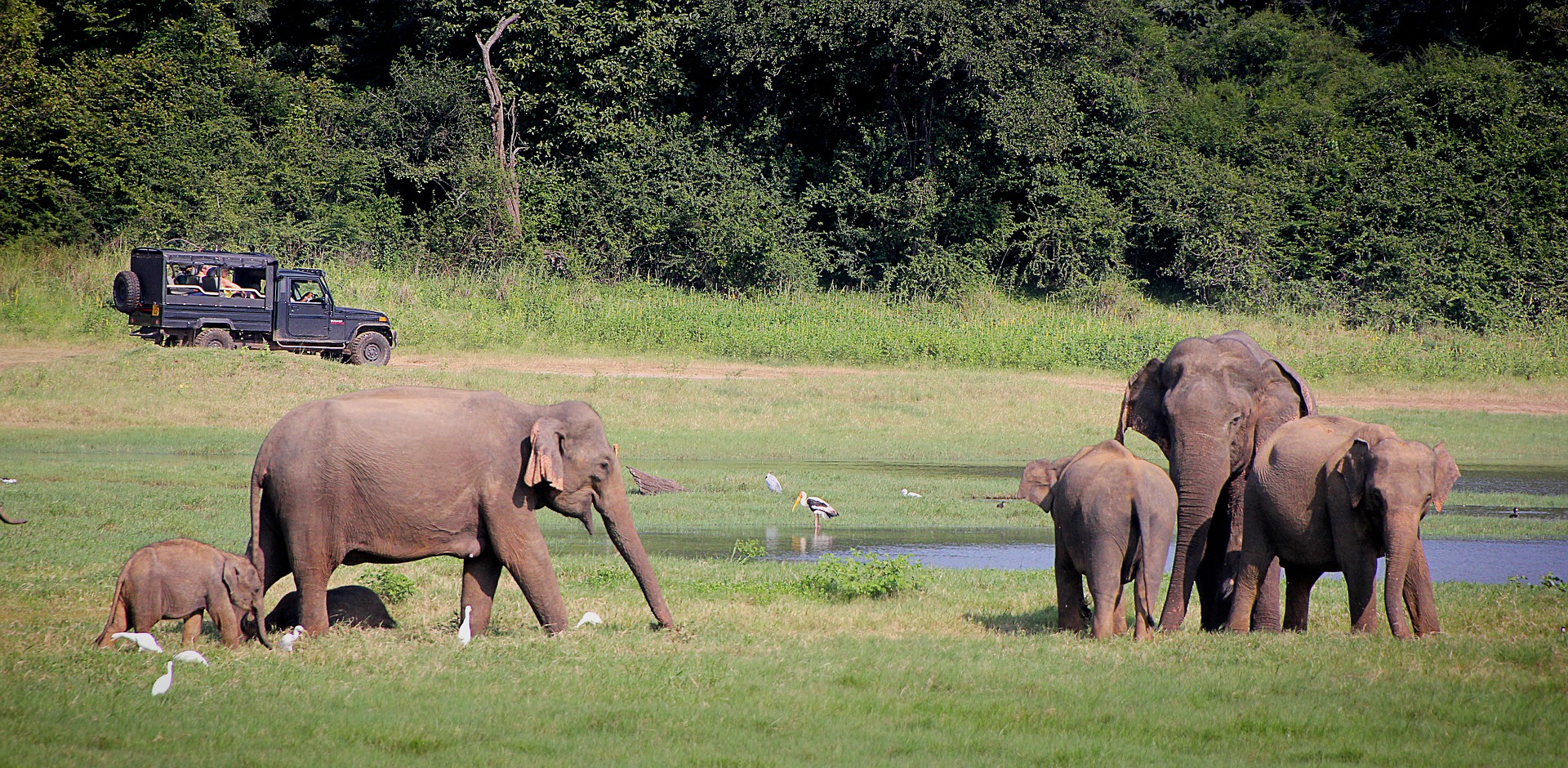
Colombo: The government of Sri Lanka fears the country's lucrative tourism industry could see arrivals drop by up to 30 per cent following the deadly Easter Sunday attacks.
The country's Finance Minister Mangala Samaraweera told reporters, "Tourism will be worst affected.
"We expect a 30 per cent drop in arrivals and that means a loss of about $1.5 billion in foreign exchange."
Dozens of tourists were among the 253 people killed in the attacks. Senior officials are still assessing what the full economic impact could be.
In recent years, tourism has been a major driver of the country's GDP growth. Since the end of Sri Lanka's devastating civil war, the number of tourists in the country has gone from less than 500,000 in 2009 to just under 2.5 million in 2019 according to the country's Tourism Development Authority.
The sector was the country’s third-largest and fastest-growing source of foreign currency in 2018, behind foreign remittances and textile exports — which account for almost half of all Sri Lankan exports. The flow of foreign currency provided by tourism is also vital to the country given its high levels of debt.
Tourism is worth nearly $4.4 billion to Sri Lanka annually, accounting for almost 5 percent of the country’s annual GDP. More than 800,000 jobs (around 10 percent of total employment in the country) depend on the sector, both directly and indirectly.
“This carnage came at a time when the economy was picking up, financial stability was in place, reconciliation and inter-communal harmony were improving. The inflation rate was at 2.9 percent in March 2019 and that was the lowest inflation rate in five years, the rupee appreciated by 4.5 percent and foreign reserves stood at US$7.7 billion sufficient for imports for seven months," Samaraweera added.
He also said that "the day after the bomb blast, Development Strategies and International Trade Minister Malik Samarawickrama was scheduled to sign an investment agreement to the value of $1 billion.”
Sri Lanka's government could previously have expected tourism to continue its relentless pace of growth in 2019. However, beyond the mere fact of terrorism striking the country is the nature of the attacks, which specifically targeted a number of luxury hotels in the capital Colombo.
“The attacks will not only impact already weak economic activity (real GDP growth was at a 17-year low of 3.2 percent in 2018), but also the country’s relatively vulnerable external liquidity position,” Citibank’s Asia desk said in a note, adding that the tourism sector would suffer the biggest blow of all.
Several travel companies have prepared for a wave of cancellations from tourists who were due to travel to Sri Lanka in the coming weeks and months.
India accounted for around 20 percent of tourists to Sri Lanka in 2018 (more than any other country) and two of its major airlines, Air India and Indigo, have stated they will allow passengers to reschedule or cancel their flights free of charge.
Sri Lanka will be looking to the example of France, which experienced several devastating terrorist attacks in 2015 and 2016. While the European state did take a hit in the immediate aftermath of the incidents, tourist numbers surged again in 2017 and 2018.